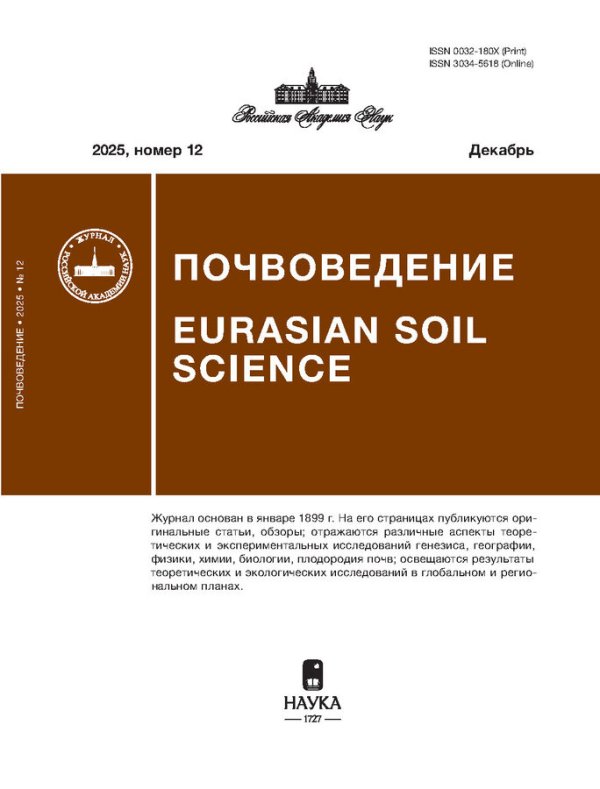Submissions
Online Submissions
Already have a Username/Password for Eurasian Soil Science?
Go to Login
Need a Username/Password?
Go to Registration
Registration and login are required for submitting items online, and for checking the status of current submissions.
Copyright Notice
Authors who publish with this journal agree to the following terms:
- Authors retain copyright and grant the Publisher exclusive license to first publication.
- Authors are able to distribute the manuscript and/or the article in accordance with Self-Archiving policy of the journal (see details).
- The manuscript can be accepted for publication only by decision of the Editor-in-Chief and the Editorial board of the journal in accordance with the Manuscript stelection policy of the journal (see details).
- Published Article will be distributed in print and electronic version and will be available online by Subscription or in Open Access at the discretion of the Publisher.
An exclusive license for publication granted by authors allows the publisher to use the article in the following ways:
- the reproduction of the Article, as well as the metadata of the Article, in any material form, including on paper and/or electronic media as a separate work and/or as part of the Journal, and/or as part of the Licensee's and/or other parties' databases, at the Licensee's discretion;
- the dissemination of copies of the Article, as well as the metadata of the Article, or any other disposal of its original or copies, including on paper and/or electronic media as a separate work and/or as part of the Journal, and/or as part of the Licensee's and/or any other parties' databases, at the Licensee's discretion, including distributing or otherwise using the Article or portions (excerpts) thereof for publication in scientific, educational, technical or professional journals or other periodicals and derivative works; in printed and electronic versions of such journals, periodicals and derivative works in all media and formats now existing and which may arise in the future;
- making the Article available to the public in a way that any person may gain access to the Article from any place and at any time out of preference;
- reprocessing of the Article by translating it into any languages at the Licensee's option, and using the reprocessed (translated) Article in the above ways.
Other rights not directly transferred to the publisher under this License Agreement, including patent rights to any process, method etc., described by the Authors in the manuscript, as well as trademark rights, are reserved for the Authors.
All the Copyright statements for authors are present in the Standart Publishing Agreement to Publish an Article. The Agreement filled in and signed by authors should be upload to the Publisher within the all other files accompainged a manuscript when submitting.







